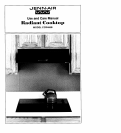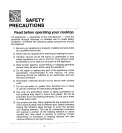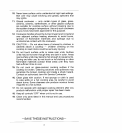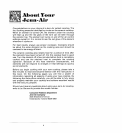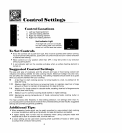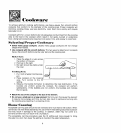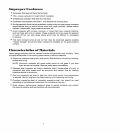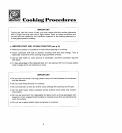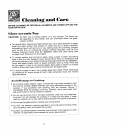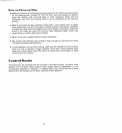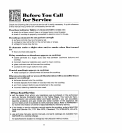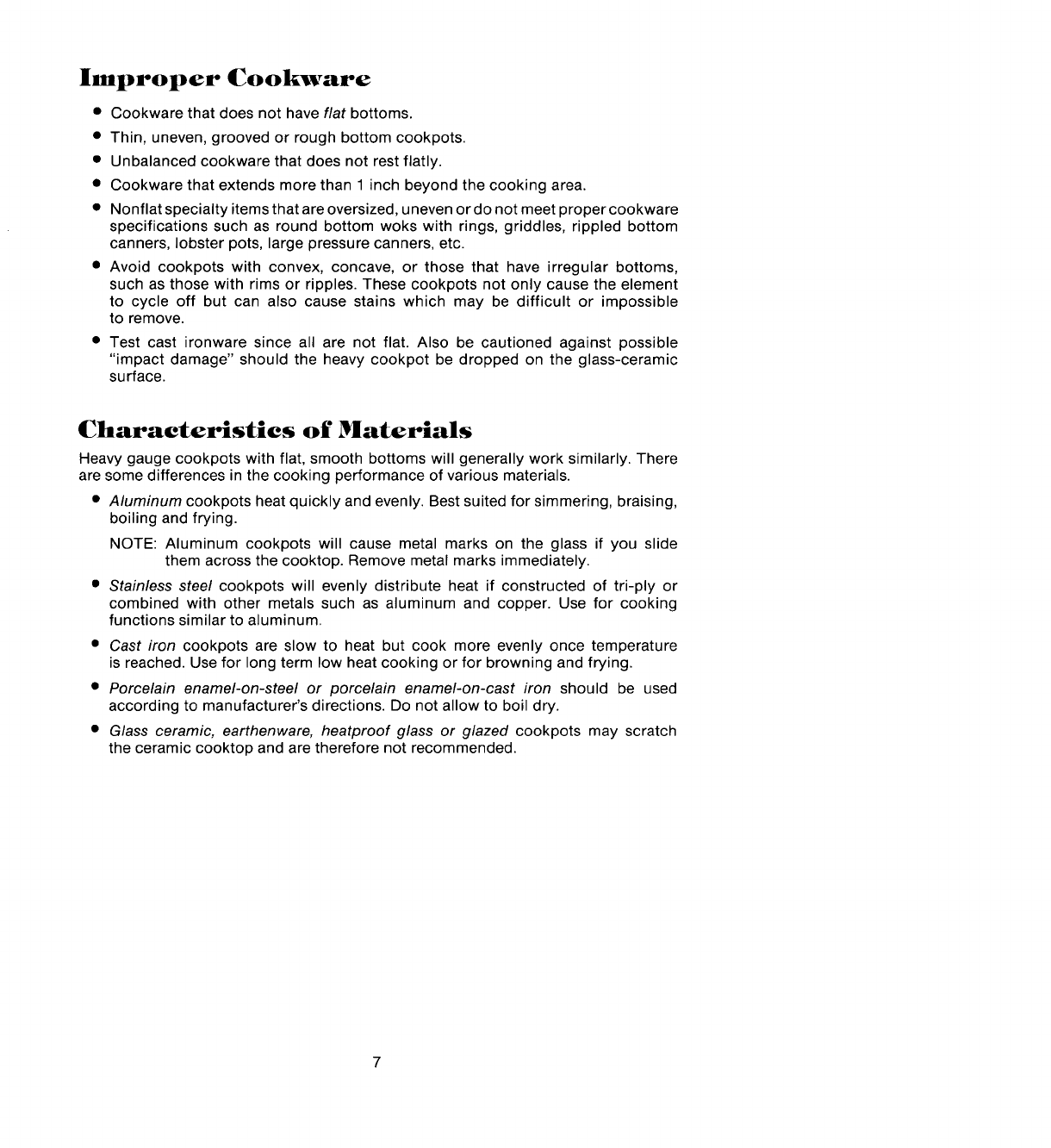
Improper Cookware
• Cookware that does not have flat bottoms.
• Thin, uneven, grooved or rough bottom cookpots.
• Unbalanced cookware that does not rest flatly.
• Cookware that extends more than 1 inch beyond the cooking area.
• Nonflat specialty items that are oversized, uneven or do not meet proper cookware
specifications such as round bottom woks with rings, griddles, rippled bottom
canners, lobster pots, large pressure canners, etc.
• Avoid cookpots with convex, concave, or those that have irregular bottoms,
such as those with rims or ripples. These cookpots not only cause the element
to cycle off but can also cause stains which may be difficult or impossible
to remove.
• Test cast ironware since all are not flat. Also be cautioned against possible
"impact damage" should the heavy cookpot be dropped on the glass-ceramic
surface.
Characteristics of Materials
Heavy gauge cookpots with flat, smooth bottoms will generally work similarly. There
are some differences in the cooking performance of various materials.
• Aluminum cookpots heat quickly and evenly. Best suited for simmering, braising,
boiling and frying.
NOTE: Aluminum cookpots will cause metal marks on the glass if you slide
them across the cooktop. Remove metal marks immediately.
• Stainless steel cookpots will evenly distribute heat if constructed of tri-ply or
combined with other metals such as aluminum and copper. Use for cooking
functions similar to aluminum.
• Cast iron cookpots are slow to heat but cook more evenly once temperature
is reached. Use for long term low heat cooking or for browning and frying.
• Porcelain enamel-on-steel or porcelain enamel-on-cast iron should be used
according to manufacturer's directions. Do not allow to boil dry.
• Glass ceramic, earthenware, heatproof glass or glazed cookpots may scratch
the ceramic cooktop and are therefore not recommended.



